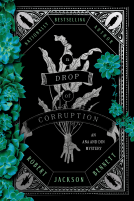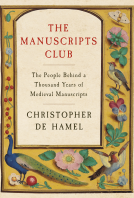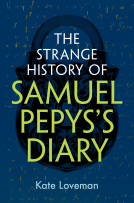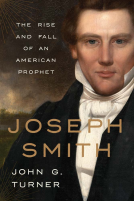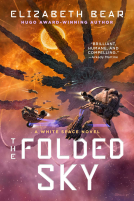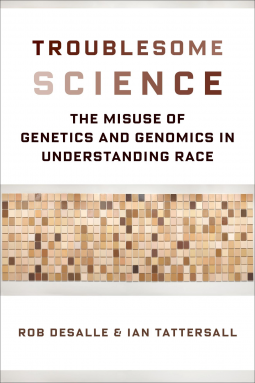
Troublesome Science
The Misuse of Genetics and Genomics in Understanding Race
by Rob DeSalle; Ian Tattersall
This title was previously available on NetGalley and is now archived.
Send NetGalley books directly to your Kindle or Kindle app
1
To read on a Kindle or Kindle app, please add kindle@netgalley.com as an approved email address to receive files in your Amazon account. Click here for step-by-step instructions.
2
Also find your Kindle email address within your Amazon account, and enter it here.
Pub Date Jun 19 2018 | Archive Date Aug 28 2018
Talking about this book? Use #TroublesomeScience #NetGalley. More hashtag tips!
Description
DeSalle and Tattersall argue that taxonomy, the scientific classification of organisms, provides an antidote to the myth of race’s biological basis. They explain how taxonomists do their science—how to identify a species and to understand the relationships among different species and the variants within them. DeSalle and Tattersall also detail the use of genetic data to trace human origins and look at how scientists have attempted to recognize discrete populations within Homo sapiens. Troublesome Science demonstrates conclusively that modern genetic tools, when applied correctly to the study of human variety, fail to find genuine differences. While the diversity that exists within our species is a real phenomenon, it nevertheless defeats any systematic attempt to recognize discrete units within it. The stark lines that humans insist on drawing between their own groups and others are nothing but a mixture of imagination and ideology. Troublesome Science is an important call for researchers, journalists, and citizens to cast aside the belief that race has a biological meaning, for the sake of social justice and sound science alike.
A Note From the Publisher
The finished book will include a color insert that is not included here.
Advance Praise
"Troublesome Science provides a deeper analysis than one usually finds in discussions of racial classifications. It brings clarity to the field of systematics and in so doing reveals the hollowness of claims to the scientific legitimacy of race. Clear, assertive, and well argued, it demonstrates that scientific taxonomy cannot draw racial boundaries in human populations from genetic-clustering studies. More than a takedown of a popular journalistic account, it is an important contribution to our understanding of the science behind the classification of species and subspecies."
—Sheldon Krimsky, author of Stem Cell Dialogues
Available Editions
| EDITION | Other Format |
| ISBN | 9780231185721 |
| PRICE | $37.00 (USD) |
| PAGES | 224 |
Featured Reviews
What immediately drew me to this book was the fact that it discussed race and how it isn't a thing. I've been trying for a while now to explain to people how race doesn't really exist and is a social construct, but it doesn't always go so well. The first part of this book was a little over my head. It's been a while since I've taken any biology or genetics classes, and I did struggle a bit to get through it. Other people who aren't in science fields might have a hard time getting through it as well. However, I did learn a lot about taxonomy, DNA and how ancestry tests are misleading, among other things, so even though I struggled a bit, I'm glad I read it. The second part was much easier to read and understand, and I really hope it starts opening more doors into discussions on how race doesn't really exist, and how we're making things worse by constantly dividing people into racial groups. There is no reason to constantly divide people, and we could probably get somewhere if we realized this.


